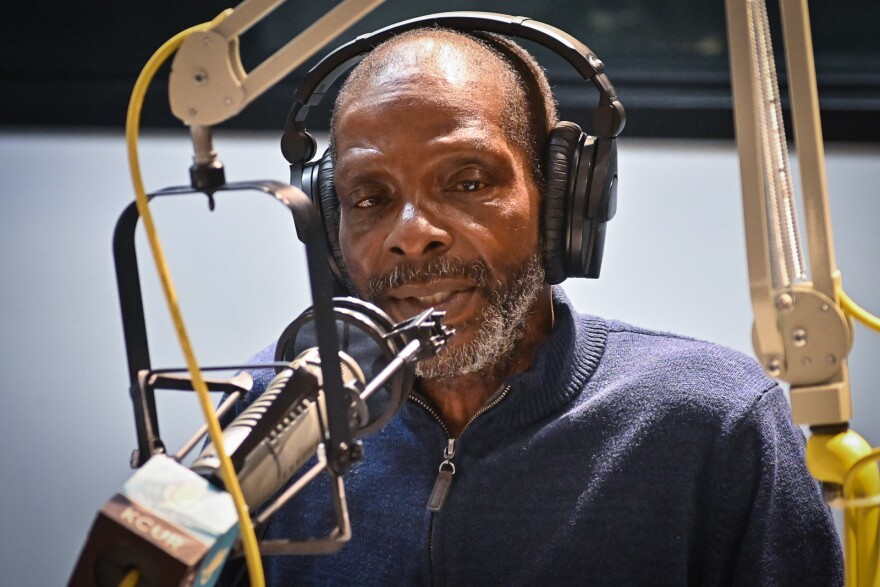While serving a 15-year sentence in the Missouri State Penitentiary, Joe Amrine was charged with another crime —murdering a fellow inmate.
The new charges were punishable by life in prison without parole or execution by the state.
“I actually used to believe in the death penalty a long time ago,” Amrine said.
That was before he found himself on death row.
Despite asserting his innocence at the time, Amrine said he was better off being sentenced to die because it afforded him legal representation to fight the charges. However, Amrine’s attorney only met with him one time before the trial, Amrine said.
Some are advocating for Missouri to abolish the death penalty because they say it’s a costly and flawed system.
An inmate sentenced to die spends an average of 15 years on death row going through the appeals process before being executed.
Amrine spent 17 years on death row before being exonerated — one of only four death row inmates to be exonerated in Missouri since 1976.
"For every eight people executed one is exonerated,” said Elyse Max, co-director of Missourians to Abolish the Death Penalty. “Missouri's executed 95 people and we've only exonerated four.”
People of color are disproportionately sentenced to capital punishment compared to white people.
“About 60% of the people who have been executed in Missouri are white, but that means that close to 40% are Black and that is much, far higher than their proportion in the general population,” said Scott Lauck, a senior reporter for Missouri Lawyers Weekly.
Rep. Tony Lovasco (R- St. Charles) has introduced legislation to end the state’s use of capital punishment on three separate occasions but has yet to see any of the bills referred to committee.
Lovasco said the conversation about the death penalty too often becomes focused on a particular case, rather than whether the government has a right to end the life of its citizens.
“The question is whether the government and, you know, ultimately, your friends and neighbors, are in a position to accurately and fairly assess such a punishment,” Lovasco said. “And I would argue they're not. We can't get the government to properly run a license plate bureau, let alone, you know, decide who lives and dies.”
- Scott Lauck, senior reporter, “Missouri Lawyers Weekly"
- Missouri state Rep. Tony Lovasco, R-St. Charles
- Elyse Max, co-director, Missourians to Abolish the Death Penalty
- Joe Amrine, Missouri death row exoneree






